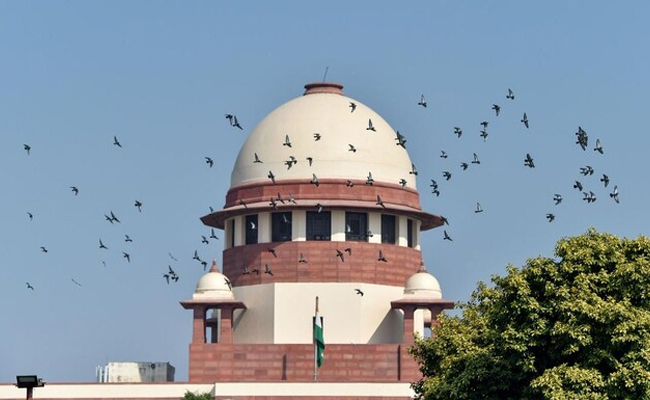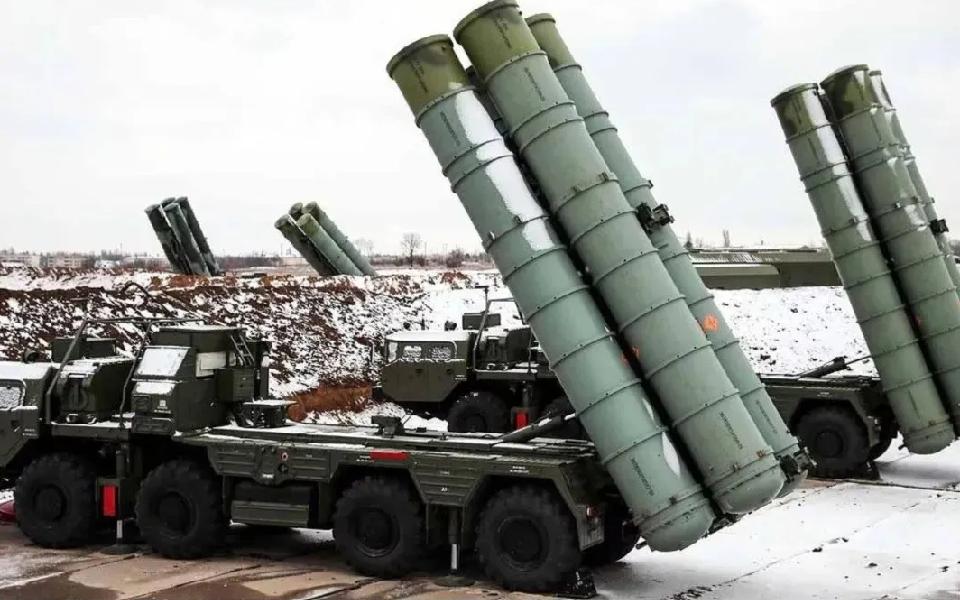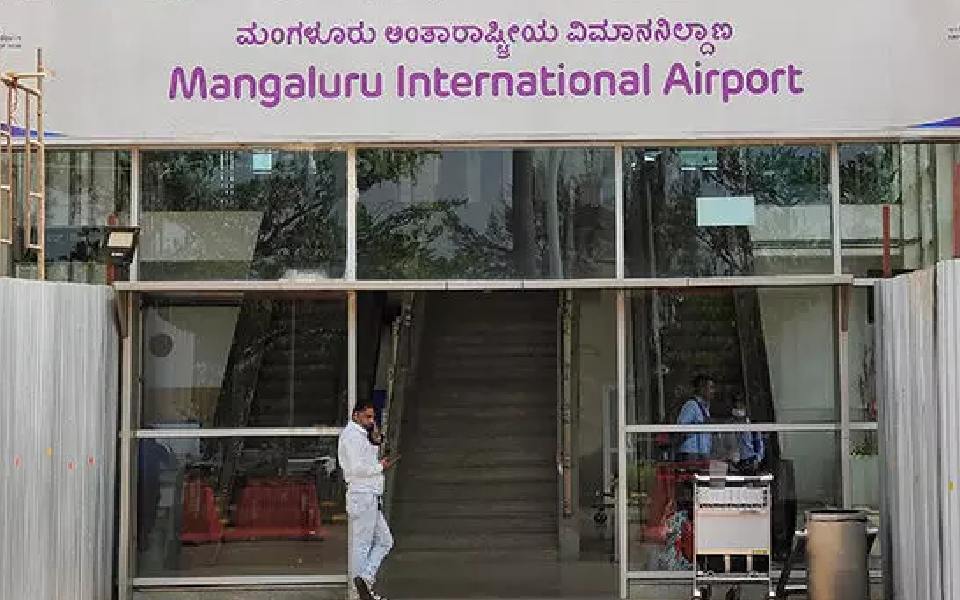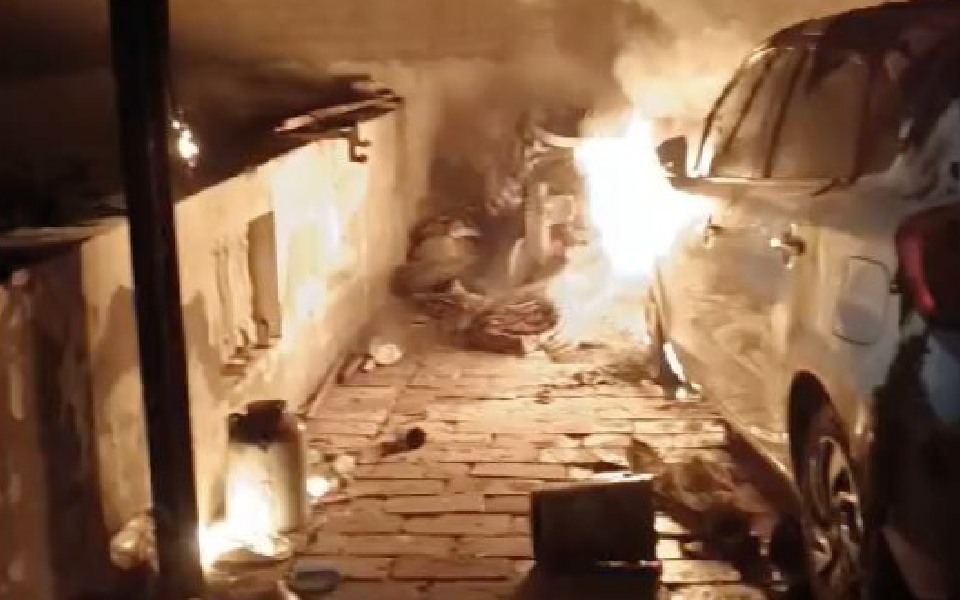New Delhi (PTI): Mere harassment is not sufficient to hold someone guilty of the offence of abetting suicide, and there must be clear evidence of direct or indirect incitement, the Supreme Court has said.
The observations came from a bench of Justices Vikram Nath and P B Varale while delivering a verdict on an appeal challenging a Gujarat High Court order refusing to discharge a woman's husband and her in-laws for allegedly harassing her and driving her to suicide.
The observations in the judgement gain significance in the wake of the recent suicidal death case of 34-year-old techie Atul Subhash. He alleged harassment at the hands of his estranged wife and her family.
A case of abetment of suicide was registered against his wife Nikita Singhania, her mother Nisha, father Anurag and uncle Sushil.
The top court's observations may come to the aide of Nisha and her family members.
Dealing with the plea challenging the high court order, the apex court noted a case was registered in 2021 for the alleged offences including under Sections 498-A (subjecting a married woman to cruelty) and 306 of the IPC which deals with the offence of abetment of suicide and prescribes a maximum jail term of 10 years and fine.
"For a conviction under Section 306 of the IPC, it is a well-established legal principle that the presence of clear mens rea - the intention to abet the act - is essential. Mere harassment, by itself, is not sufficient to find an accused guilty of abetting suicide," the bench said in its December 10 judgement.
It said the prosecution must demonstrate an active or direct action by the accused that led the deceased to take his or her own life.
The bench said the element of mens rea cannot simply be presumed or inferred and it must be evident and explicitly discernible.
"Without this, the foundational requirement for establishing abetment under the law is not satisfied, underscoring the necessity of a deliberate and conspicuous intent to provoke or contribute to the act of suicide," it said.
The bench discharged the three men from the charge under Section 306, even though it upheld the charge against the appellants under Section 498-A of the IPC.
It noted that an FIR was registered by the woman's father against her husband and two in-laws for the alleged offences including under Sections 306 and 498-A of the IPC.
The bench noted the woman got married in 2009 and for the first five years of the wedlock, no child was born to the couple due to which she was allegedly subjected to physical and mental harassment.
It further noted that in April, 2021, the woman's father received information that she had died by suicide.
The high court had upheld the sessions court's order to frame charges under Sections 306 and 498-A of the IPC against them.
The apex court said Section 306 of the IPC penalises those who abet the act of suicide by another.
"For a person to be charged under this section, the prosecution must establish that the accused contributed to the act of suicide by the deceased," it said.
The bench said to bring a conviction under Section 306 of the IPC, it was necessary to establish a clear mens rea to instigate or push the deceased to commit suicide.
"Thus, in cases of death of a wife, the court must meticulously examine the facts and circumstances of the case, as well as assess the evidence presented. It is necessary to determine whether the cruelty or harassment inflicted on the victim left them with no other option but to end their life," it said.
The top court said in cases of alleged abetment of suicide, there must be concrete proof of either direct or indirect acts of incitement that led to the suicide.
"Mere allegations of harassment are insufficient to establish guilt. For a conviction, there must be evidence of a positive act by the accused, closely linked to the time of the incident, that compelled or drove the victim to commit suicide," it said.
The apex court said in this case it prima facie appeared that neither did the appellants have the requisite mens rea nor did they commit any positive or a direct act or omission to instigate or aid in the commission of suicide.
The bench said the woman died by suicide 12 years into the marriage.
"The appellants' argument that the deceased had not made a single complaint for cruelty or harassment against the appellants in the twelve years of marriage cannot be sustained. Merely because she did not file any complaint for twelve years does not guarantee that there was no instance of cruelty or harassment," it said.
While partly allowing the appeal, the bench discharged the appellants under Section 306 of the IPC. It, however, upheld the charge under Section 498A and said the trial under this provision should proceed against them.
Let the Truth be known. If you read VB and like VB, please be a VB Supporter and Help us deliver the Truth to one and all.
New Delhi, May 10 (PTI): Pakistan's claim that its hypersonic missiles fired from JF-17 fighter jets destroyed India's S-400 air defence system in Adampur is "false", an Indian military official said on Saturday.
Pakistan's state-run PTV earlier reported that Pakistan Air Force's hypersonic missiles destroyed the S-400 system in Adampur.
China's Xinhua news agency also said Pakistan JF-17 Thunder jet destroyed India's S-400 air defense system in India's Punjab, according to Chinese news outlet Global Times.
These reports are false, the spokesperson of the Indian Air Force said.





